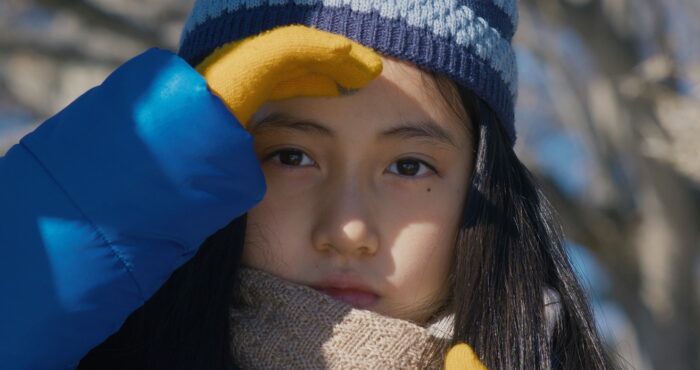Ryûsuke Hamaguchi, who won the Best International Feature Oscar for his previous film Drive My Car (2021) and earned the first-ever best picture nomination for a Japanese film, follows it up with this environmentally themed, enigmatic new film Evil Does Not Exist, which won the Grand Jury Prize at the Venice Film Festival. In it, a planned luxury camping site disrupts the peaceful life of a nature-oriented small village.
Handyman Takumi (Hitoshi Omika) lives with his daughter Hana in a house in the forest in the village outside Tokyo. Two representatives from Playmode company arrive from the capital to hear the villagers’ views on the company’s plans to turn their home into a tourist destination. The locals fear the planned campsite will pollute the river and their water supply, but it quickly becomes clear that the company is not interested in their opinions.
The idea for Evil Does Not Exist came about while Hamaguchi was working on Gift, a video set to the music of composer Eiko Ishibashi for concerts. True to Hamaguchi’s style, the film’s leisurely pace allows scenes to develop and finds something fascinating in every character. The film poetically explores the relationship between humans and nature, subtly revealing something more nightmarish beneath its calm surface.
RYÛSUKE HAMAGUCHI (b. 1978) is one of Japan’s most significant contemporary directors. After studying aesthetics at the University of Tokyo, he began his film career working as an assistant director. He earned a master’s degree in film at Tokyo University of the Arts, studying under Kiyoshi Kurosawa. Hamaguchi’s international breakthrough came with the 2015 film Happy Hour, which was awarded at the Locarno Film Festival. His next film, Asako I & II (2018), premiered in competition at the Cannes Film Festival. In 2021, Wheel of Fortune and Fantasy and Drive My Car were released, the latter bringing Hamaguchi global recognition and earning him Oscar nominations for best picture, director, and screenplay.
Inari Ylinen
